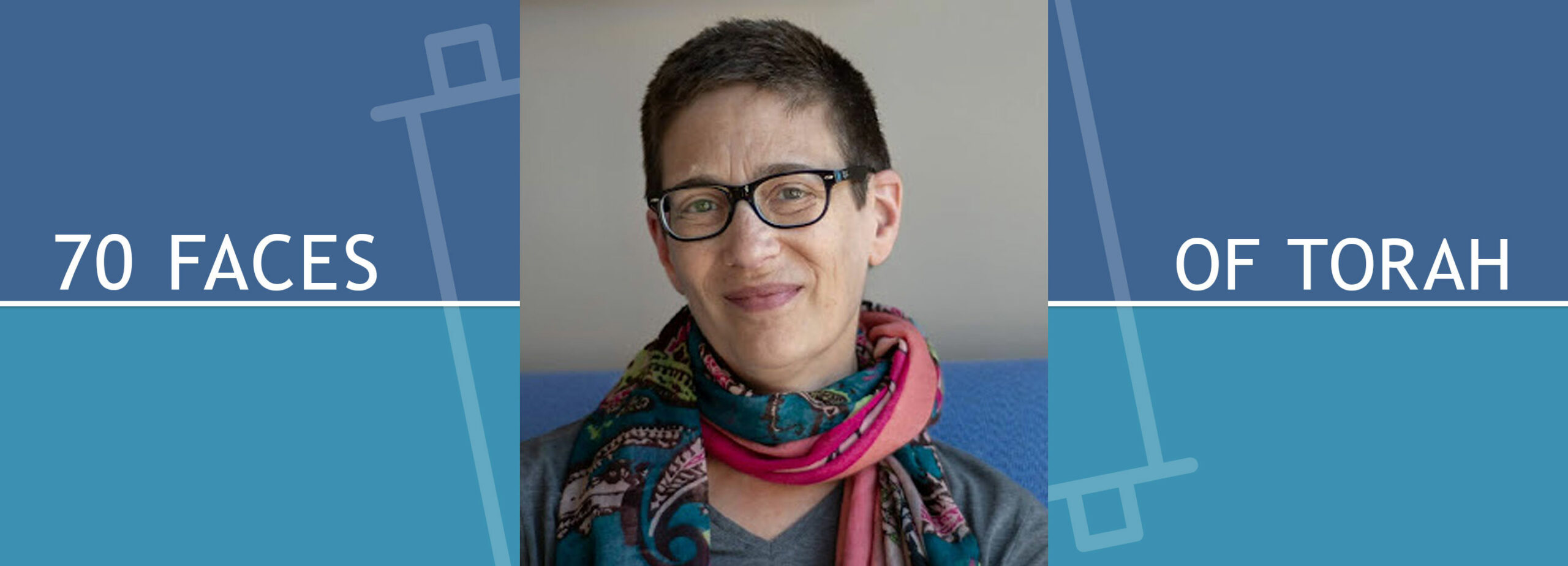Numbers Noting What Counts

Parashat Bamidbar Numbers 1:1-4:20
לִמְנוֹת יָמֵינוּ כֵּן הוֹדַע וְנָבִא לְבַב חָכְמָה׃
Teach us to count our days truly, that we may attain a heart of wisdom.
(Psalms 90:12)
Six weeks ago, with the taste of afikoman still on our lips, we entered our season of counting. Day by day, week by week, we have been counting our days. Each evening we bless and count: days and weeks in seven groups of seven, as commanded in Leviticus 23:15. The tradition of Omer counting marries these 49 days between Pesach and Shavuot with ancient traditions around the barley harvest.
Perhaps we do this counting in pursuit of a heart of wisdom, as the psalmist says. Perhaps we do it in exploration of the kabbalistic sfirot (aspects of God that are traditionally mapped onto the 49 days of Omer counting). Perhaps we do it in an attempt to recall and center an agricultural practice that feels foreign to us in an age when we can have organic produce or Flamin’ Hot Cheetos—or both—delivered to our doorsteps within the hour.
Into this season of counting comes the book of Numbers, whose opening parashah we study this week. Counting people rather than days, Parashat Bamidbar contains not one but two censuses, which focus on inventorying each of the twelve tribes. Without offering explanation, God orders that members of the community, males aged twenty and older and capable of bearing arms, be accounted and arrayed in elaborate pageantry.
There is something both impersonal and deeply intimate about this commandment. The total number of people comes to 603,550—in other words, not a small number, particularly considering the parameters meant that women and children were not included in this iteration. Yet for counting to be meaningful, it must also be specific. Moses is told to count each one, b’mispar shemot, according to the number of names. More than an anonymous head count, this census imagines 603,550 names being called. These are individuals. Indeed, Rashi teaches that God commands this census מִתּוֹךְ חִבָּתָן לְפָנָיו (out of their dearness before God). That is, by Rashi’s lights, God wishes for Moses to muster each of the 603,550 because they are so precious.
Assembled by tribe, with banners flying, we might be lulled into seeing only a mass of people. But the parashah teaches that even a big crowd of several hundred thousand is made up of individuals, with names.
Later, Bamidbar offers a close-up that elliptically affirms this. The beginning of chapter 3 revisits the story of Aaron’s sons, and we read:
וַיָּמָת נָדָב וַאֲבִיהוּא לִפְנֵי יי בְּהַקְרִבָם אֵשׁ זָרָה לִפְנֵי יי בְּמִדְבַּר סִינַי וּבָנִים לֹא־הָיוּ לָהֶם
וַיְכַהֵן אֶלְעָזָר וְאִיתָמָר עַל־פְּנֵי אַהֲרֹן אֲבִיהֶם׃
And Nadav and Avihu died in the presence of Adonai, having brought alien fire before God in the Sinai wilderness, and they had no sons.
And Elazar and Itamar became priests in their father’s lifetime.
(Numbers 3:4)
That Nadav and Avihu are named explicitly in a passage that is actually about their brothers shows how their absence hovers over the moment. This family moves on, as bereaved families must, but the ones who were lost are always lingering in the atmosphere. Seeing Elazar and Itamar assume the role that would have been shared with their dead brothers walks the tightrope of presence and absence, of here and gone.
I wrote this essay while traveling through Israel for the first time in many years. This beautiful, stark homeland of ours is full of contradictions: bustling cities, improbably fertile farmland, and high technology coexist in a wild patchwork. Of course in this time of loss, a mix of sadness and trauma pervades every encounter. Even so, I have seen resoluteness, and a deep humanity and compassion in everyday Israelis. Spending time with folks like the activists at Roots, an organization that brings together Israelis and Palestinians to learn about and hear one another’s stories; and the IDF servicemembers who are raising money and awareness for the rights of LGBTQ+ soldiers, in memory of their fallen comrade Sagi Golan, is heartening, if sobering.
This people—our people—has become tragically adept at moving forward through hard times, while steadfastly retaining memory of what’s been lost. On every street corner and every so often on fences and fields, I saw posters displaying photos of the hostages or those murdered on October 7. Like Nadav and Avihu, they are with us even though they are missing or dead. And yet life goes on. Parents give their children ice cream; volunteers come to help pick fruit left unharvested when war displaced many of the farm workers; open-hearted people continue to work together and support one another, despite the obstacles.
If Parashat Bamidbar were to take place right now, the census would show heartbreakingly reduced numbers. Kibbutz Nir Oz began the day on October 7 with a population of 400 and ended the day with 300 on site. Fully one quarter were murdered or kidnapped. Yet when we toured there earlier this week, the person who showed us around managed to maintain hope. “I’m alive. My family is alive. I don’t know how, but the paradise [we built here] will be back. At Nir Oz and in Israel.”
Which loops us back to the other kind of counting—counting the Omer, counting the days, counting the moments when everything seems, fleetingly, OK. My guide at Nir Oz, like so many Israelis, has seen the unimaginable and continues to hope for a better world. May all who love this tragedy-scarred land be blessed with a heart of wisdom, and with the courage to keep building that better world.
Naomi Gurt Lind is a fifth-year rabbinical student at Hebrew College and the editor of the 70 Faces blog. She currently serves as rabbinic intern at Temple Ahavat Achim in Gloucester, and as of July 1 will expand her role there to become sole clergy. Apart from her studies, teaching, and leading, she plays Bananagrams with her family and bakes a legendary challah.

